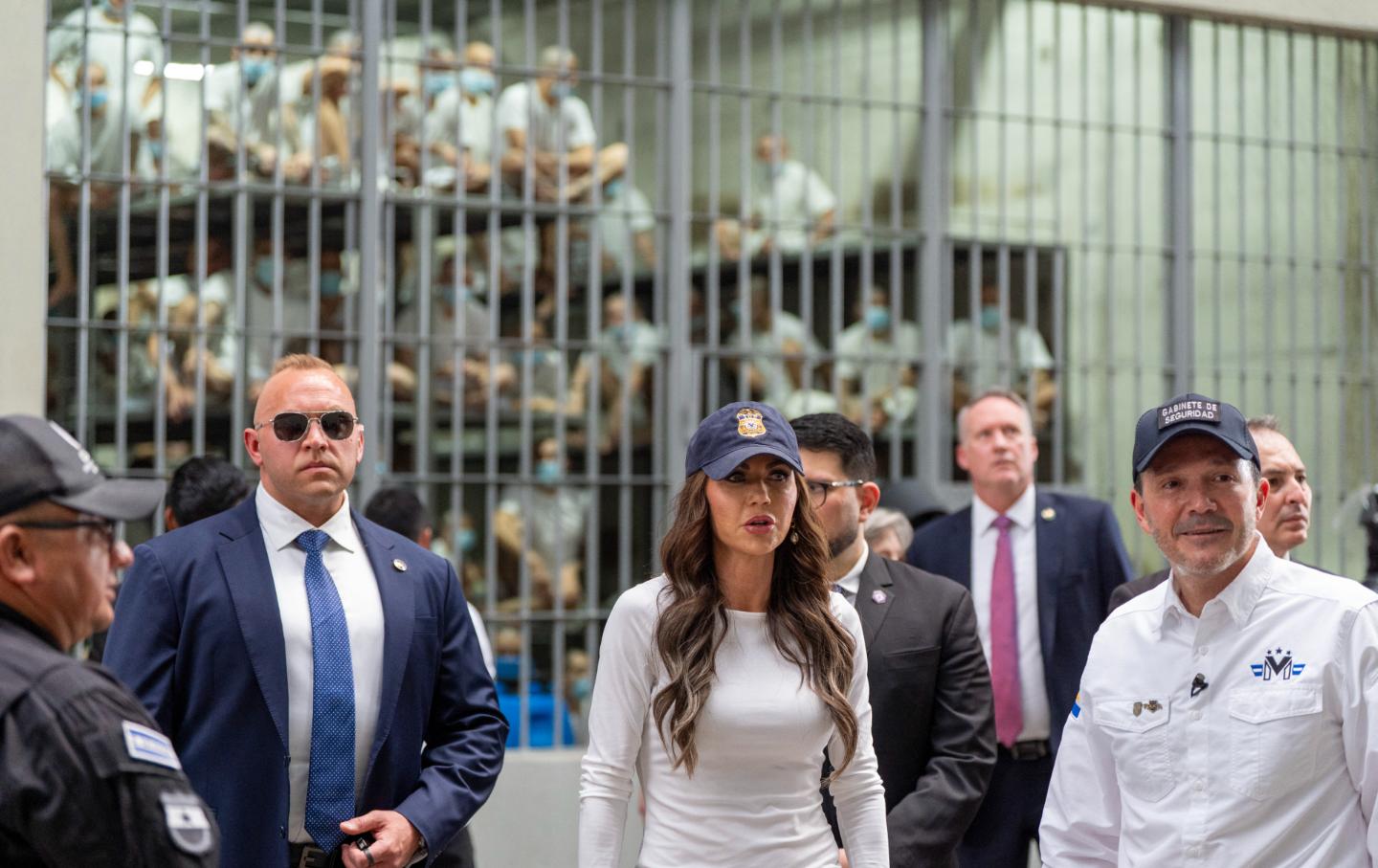Since Donald Trump reassumed the presidency, individuals from various nations who undertook arduous journeys to the United States in pursuit of better lives have found themselves unexpectedly detained and deported. Instead of being returned to their countries of origin, many are sent to third countries, including Costa Rica, Honduras, and Panama, which have entered agreements with the U.S. government to detain these individuals. In Panama, the situation is particularly dire, as numerous migrants released from detention are now effectively stranded without having had the chance to apply for asylum in the U.S.
This development is an extension of the longstanding U.S. strategy termed “border externalization,” which involves enlisting other countries in efforts to restrict immigration, thereby extending enforcement beyond U.S. borders. This approach, utilized by administrations from both parties, is seeing heightened implementation under Trump’s second term. Key advisors, such as deputy chief of staff Stephen Miller, are pushing this agenda despite resistance from legal and oversight bodies.
Azadeh Erfani, policy director at the National Immigrant Justice Center, noted that the administration is circumventing asylum laws by extrajudicially sending asylum seekers to other countries, thus removing them from the legal framework of the U.S. As part of these efforts, hundreds of Venezuelan immigrants were reportedly sent to El Salvador’s controversial CECOT mega-prison, an initiative reflecting the administration’s strategy of rapid and decisive action.
Legal challenges have arisen in response to these practices. For instance, when the ACLU sought an emergency order to halt a deportation flight, federal Judge James Boasberg intervened to order the planes to return. However, questions remain regarding whether the administration complied with this order, as planes may have completed their journeys to El Salvador under agreements lacking clear legal authorization.
The U.S. strategy has received support and collaboration from several countries. Mexico, under pressure from past and current U.S. administrations, has deployed troops along its border in response to threats of economic consequences. Other countries like Guatemala and El Salvador have also engaged in border security cooperation strategies, sometimes accompanied by allegations of improper conduct.
The legal responsibilities involved in these international agreements and their implications for migrants’ rights are under scrutiny by activist groups and legal practitioners. Organizations like the Global Strategic Litigation Council for Refugee Rights are challenging these practices at international forums, such as the Inter-American Commission on Human Rights.
Felipe de la Hoz, an investigative reporter focused on U.S. immigration issues, reports that despite the attempts by various administrations to keep the border externalization process opaque, legal and advocacy efforts continue to seek transparency and accountability in this area.
